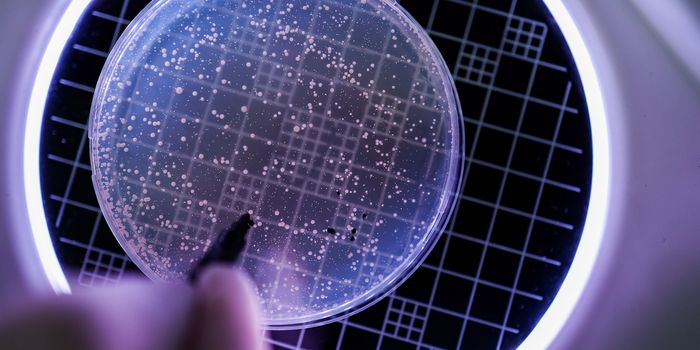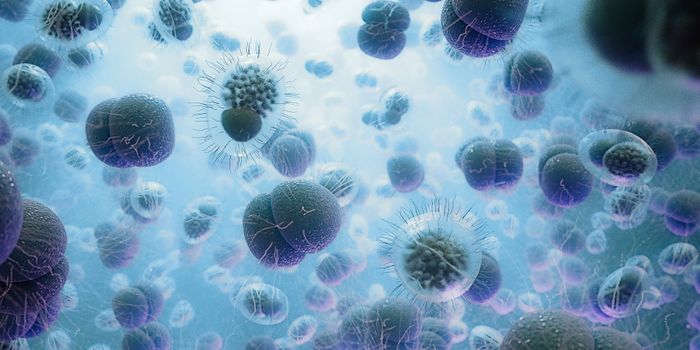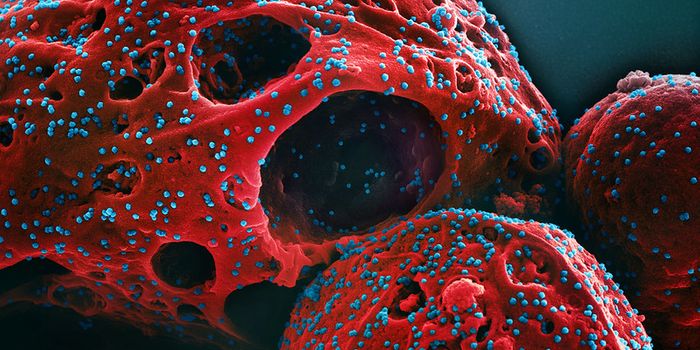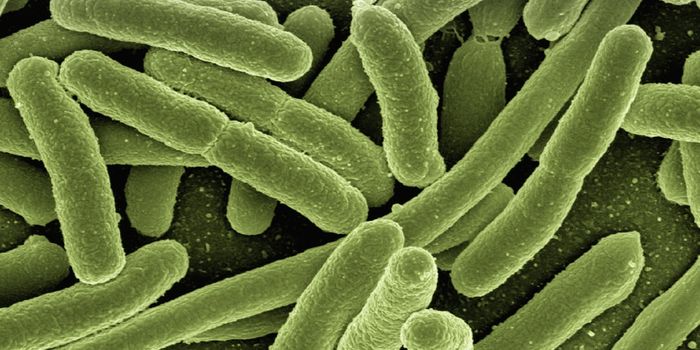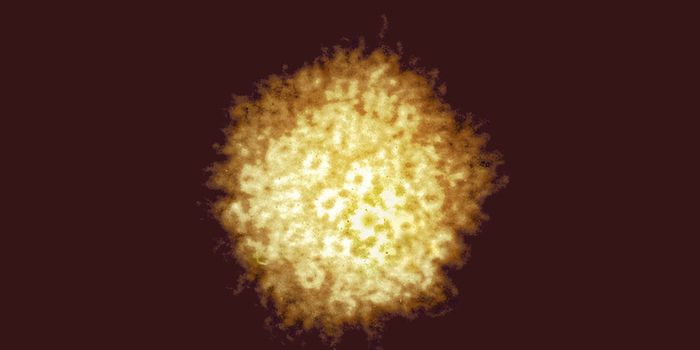Reducing Pollution with Engineered Bacteria
Some creative strategies have been proposed as solutions to climate change, from practical to outlandish. Now, a group of deep-pocketed investors including Bill Gates and Jeff Bezos are funding projects that are investigating the potential of bacteria to reduce the world’s pollution. One major source of that pollution is fertilizer used on food crops. Bacteria that can pull nitrogen out of the environment could help reduce the many problems created by fertilizers, which do significant damage to waterways, and the air. Learn more about Pivot Bio from the video.
The investors created Breakthrough Energy Ventures (BEV), which aims to provide cash flow for companies without expecting a return on the investment for twenty years, so-called patient capital. Pivot Bio is one recipient; they’ve gotten $70 million for their genetically engineered bacteria research
It’s been established that in agriculture, too much fertilizer is used. "A plant is kind of like a human. As it grows up, it has growth spurts," said Karsten Temme, the company's co-founder, and CEO. "In the middle of the [growing] season, the plant is a teenager — you need to give it nutrients as fast as you can because that's when it's growing the quickest."
Farmers don’t go out into the fields with fertilizer while their plants are in the middle of growing; it would crush them. Instead, they apply a bunch in the off-season where it soaks into the soil. It can then get into the air as nitrous oxide, a potent cause of climate change. It also leeches into waterways, wreaking havoc on marine life. It can also cause rashes, on people, and can damage the liver or kidney if ingested.
Pivot Bio has found a microbe that can reduce excess fertilizer. A genetic modification made by the company activates the microbe when it’s exposed to nitrogen fertilizer, and it can be safely applied to plant seeds.
"As soon as that seed germinates and the first roots form, our microbes can latch on to that root and cover it like a glove," explained Temme. The bacteria can provide the plant with food every day, so there’s no longer a need for all that fertilizer. Farmers just have to warm up to this idea.
To encourage them, Pivot Bio suggested that farmers add the modified bacteria to their tanks of fertilizer and insecticide. Fertilizer use takes a lot of energy, so it could be a big boon for farmers who adopt it.
"Our first commitment is to bring a product into the marketplace for US corn farmers," said Temme.
Pivot Bio plans to move onto other major crops next, including wheat and rice. Those crops and corn use about half of the nitrogen in the world, said Temme.
Source: Pivot Bio, Business Insider, Geophysical Research Letters, Environmental Research Letters



